Gujarat Anti-Terror Squad Arrests Four Al-Qaeda Suspects
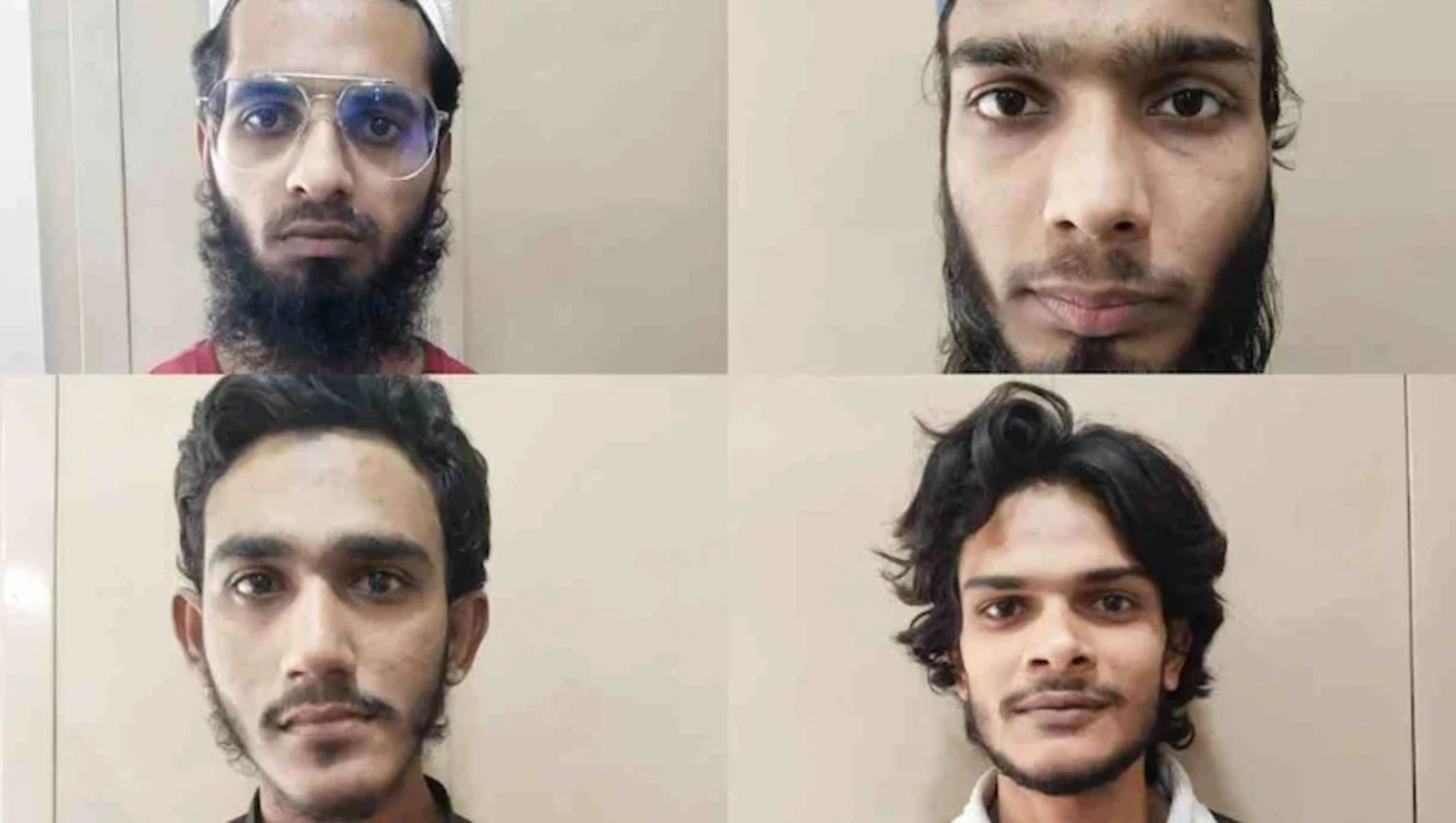
Gujarat Anti-Terror Squad Arrests Four Al-Qaeda Suspects
Four individuals linked to Al-Qaeda arrested in Gujarat for allegedly promoting extremism and a counterfeiting scheme via social media.
The Anti-Terror Squad (ATS) of Gujarat has detained four suspects in connection with the Al-Qaeda terrorist organisation. The arrests occurred following intelligence reports indicating that the individuals were disseminating extremist propaganda and involved in a counterfeit currency operation.
Details of the Arrests
The suspects, identified as Mohammad Faiq from Delhi, Mohd Fardeen from Fatehwadi in Ahmedabad, Saifullah Kureshi from Modasa, and Zeeshan Ali from Noida, were apprehended after a coordinated operation that spanned multiple locations across India. This operation was executed on July 21 and 22, with teams from the ATS collaborating with central agencies and local police.
According to Deputy Inspector General of Police Sunil Joshi, the suspects had made contact with each other primarily through social media channels. The ATS was alerted to their activities due to discussions involving potential terrorist actions detected online. "The main agenda of these four accused was to attract youth towards AQIS ideology and incite them to uproot democracy in India to establish sharia through violence," Joshi stated.
Use of Technology to Evade Detection
Investigation reports indicate that the group employed auto-delete applications to erase communication records, further complicating attempts to track their activities. The technology allowed them to cover their digital footprints effectively, making it more challenging for law enforcement to gather evidence.
Ideological Motivations
The suspects are believed to be part of a wider network promoting Al-Qaeda in the Indian Subcontinent (AQIS). The group was reportedly encouraging followers to engage in jihad, aiming to undermine the democratic structure of India. Social media platforms, particularly Instagram, were identified as primary venues for sharing radical content.
Authorities discovered literature promoting jihad, as well as a sword in the possession of one of the suspects during the raids. It has been suggested that this weapon was intended for anti-national activities. The ATS is now examining the group’s resources, including their smartphones and social media accounts, to ascertain the full extent of their operations.
Impacts on Security and Society
The arrested individuals have been charged under multiple sections of the Unlawful Activities (Prevention) Act of 1967. Officials are concerned about the potential for such propaganda to influence susceptible youth, aiming to radicalise them and spur violent extremism. As the ATS continues its investigation, it is conducting audits of numerous related social media accounts to monitor ongoing activities and prevent further incitement.
Background on Al-Qaeda
Al-Qaeda emerged from the Makhtab al-Khidamat, a fundraising body established by Osama bin Laden's mentor, Sheikh Abdullah Azzam, primarily to support militant efforts in Afghanistan. Since its formation, Al-Qaeda has been linked to numerous terrorist attacks across the globe, propagating a violent ideology and seeking to advance its agenda through various means, including recruiting followers through modern technology.
The current situation underscores ongoing concerns regarding the infiltration of extremist ideologies within India, highlighting the urgent need for comprehensive counterterrorism measures and community engagement to thwart radicalisation efforts.
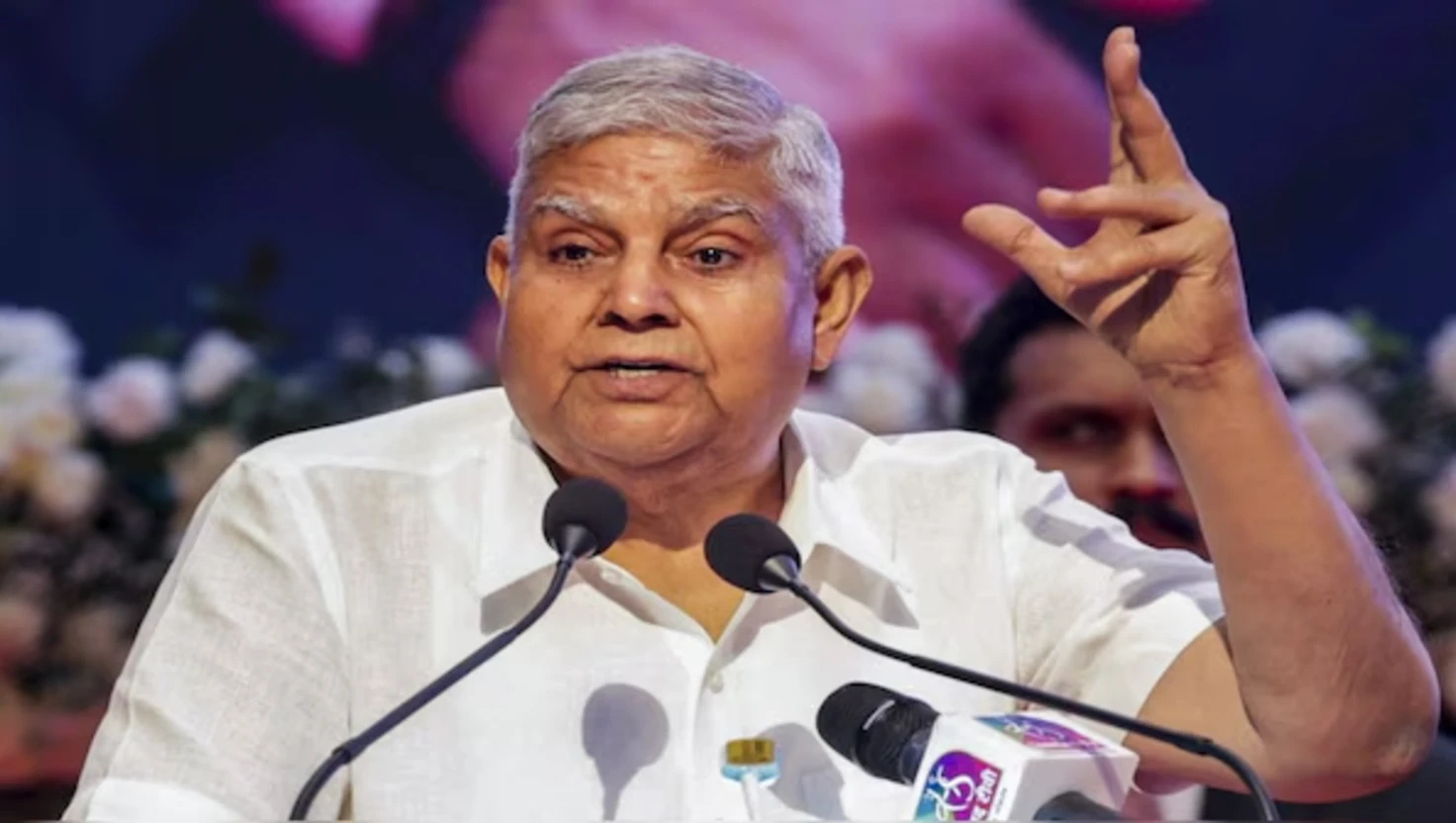
Dhankhar's resignation triggers political speculation
Jagdeep Dhankhar's resignation as Vice President raises questions about his health and political implications in India.
| 2025-07-23
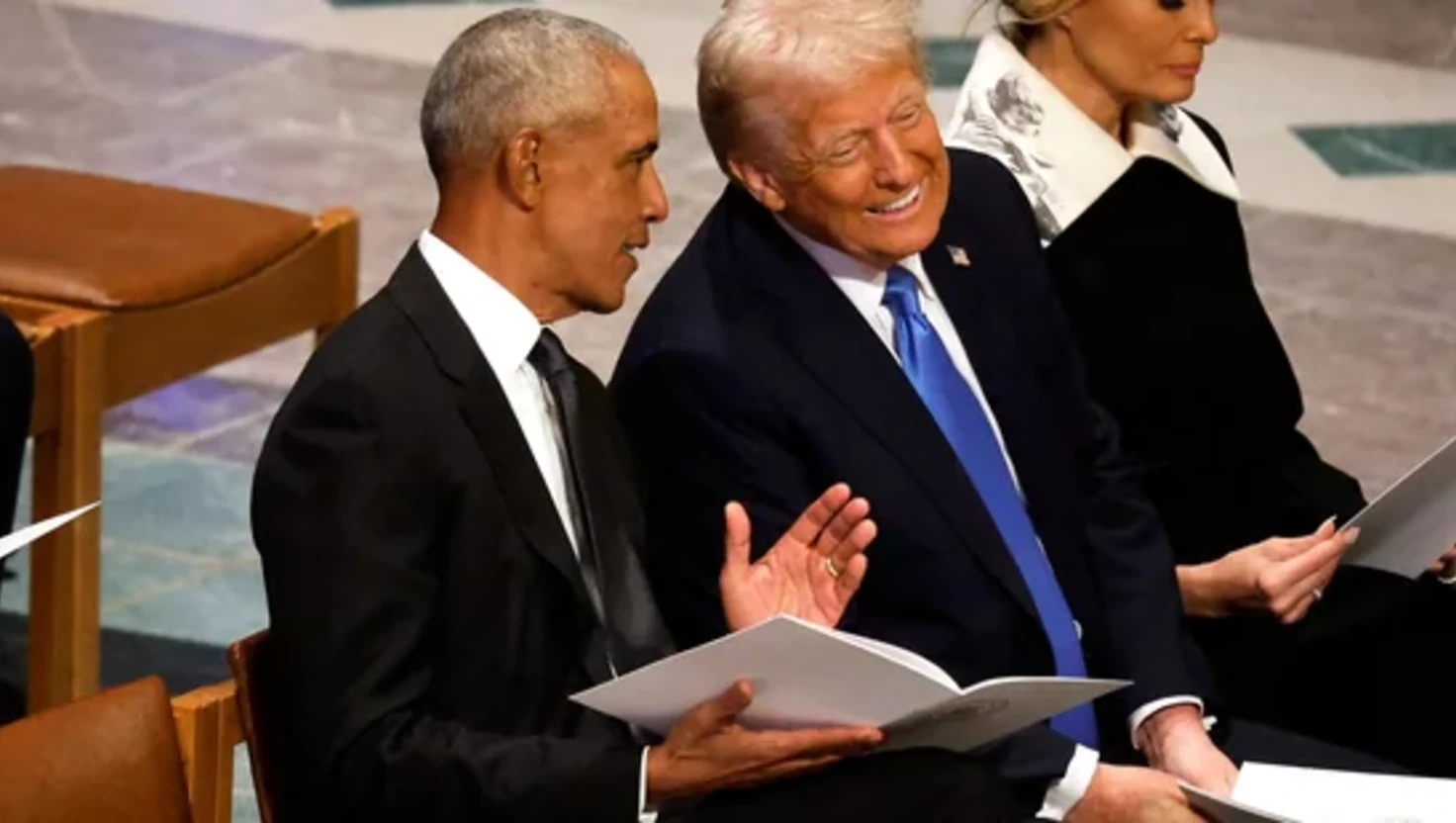
Donald Trump Calls for Prosecution of Barack Obama Over Russia Claims
Donald Trump urges the US Justice Department to prosecute former President Barack Obama for alleged misconduct in the 2016 election interference investigation.
| 2025-07-23
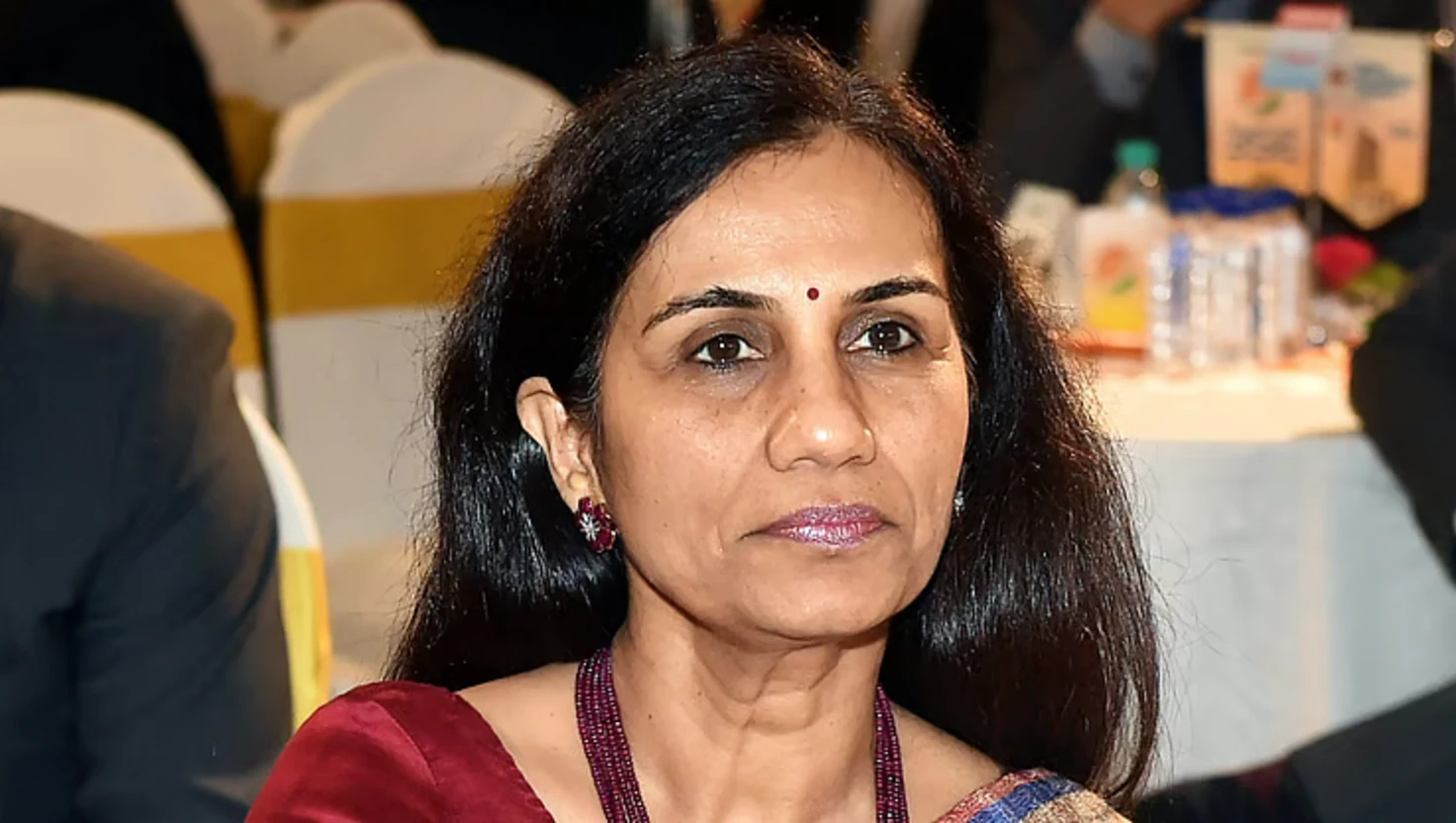
Chanda Kochhar Convicted in Major ICICI Bank Loan Bribery Case
Former ICICI Bank CEO Chanda Kochhar found guilty of accepting a ₹64 crore bribe linked to a loan to Videocon Group. Legal proceedings continue.
| 2025-07-23

GTA 6 Expected to Run at 60 FPS on PlayStation 5 Pro
Anticipation builds for GTA 6, optimised for PlayStation 5 Pro with 60 FPS gameplay. Is an upgrade for PS5 users recommended?
| 2025-07-23
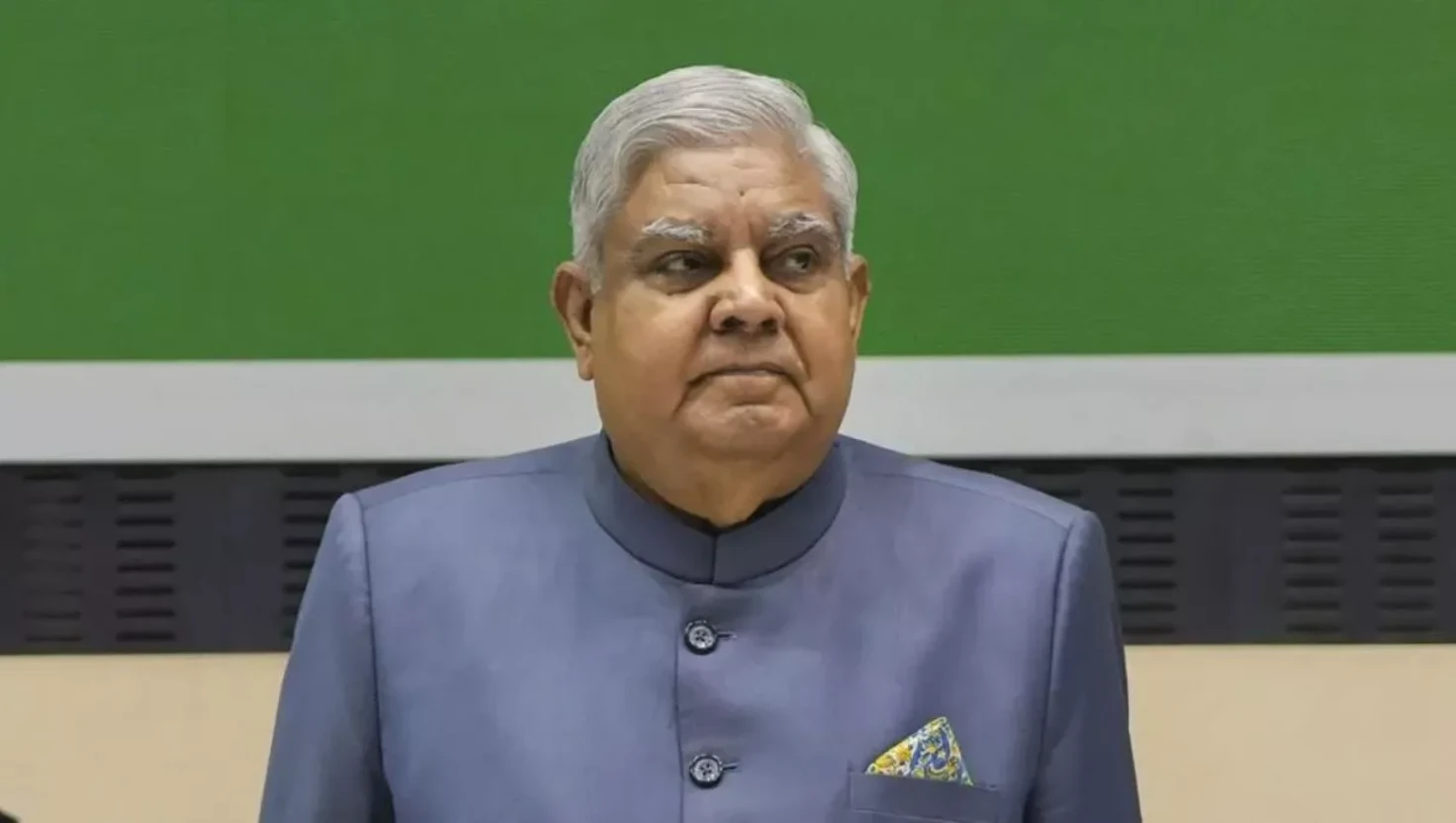
Jagdeep Dhankhar Resigns as Vice President of India, Cites Health Concerns
Jagdeep Dhankhar, the Vice President of India, has resigned, prioritising health based on medical advice. His resignation is effective immediately.
| 2025-07-22




